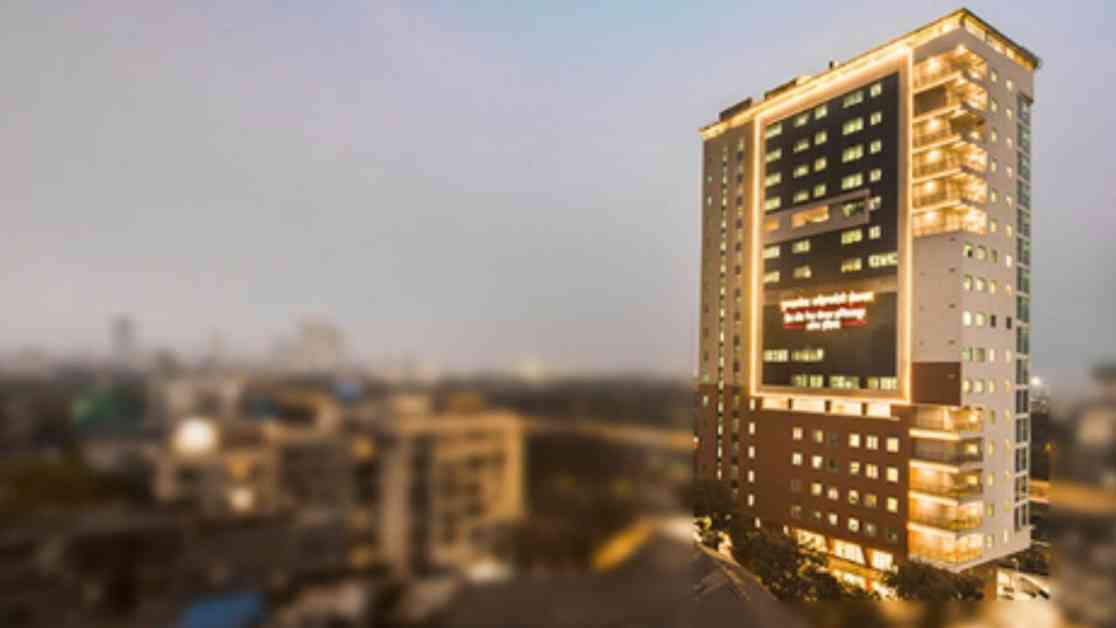Mumbai’s Punyashlok Ahilyabai Holkar Head and Neck Cancer Institute of India (HNCII) located at Dockyard Road is commemorating its first year of service to the community. In the past year, the hospital has catered to around 35,000 outpatients, out of which 10,000 received free consultations. Additionally, the hospital has successfully conducted 3,000 surgeries and treated 40 to 50 laryngeal cancer patients in a single day using carbon dioxide lasers.
To celebrate its anniversary, the hospital will host a series of clinical sessions focusing on laryngeal cancer, a condition that affects 35,000 individuals in India annually. These sessions will feature both national and international speakers who will shed light on the latest advancements in treating this type of cancer.
Dr. Sultan Pradhan, a surgical oncologist and the head of the hospital, highlighted the innovative techniques used at HNCII that aim to preserve the voice box of patients with laryngeal cancer. Patients diagnosed with this type of cancer have the option of undergoing either radiotherapy or laser surgery. While both treatments are suitable for early-stage cases, laser surgery offers the advantage of being a one-day procedure, unlike radiotherapy which can span up to five weeks.
Dr. Sharmila Agarwal, a radiation oncologist at the hospital, emphasized that hoarseness of voice is the most common symptom of laryngeal cancer. She noted that while the condition is often associated with smokers, it can also affect individuals such as singers and lecturers. In cases where the cancer is in its early stages, radiotherapy is focused on the voice box. However, advanced cases may require a combination of chemotherapy and radiotherapy.
With a capacity of approximately 90 beds, HNCII takes pride in offering carbon dioxide laser therapy, a treatment option that is exclusive to the hospital and Tata Memorial Hospital in the city. Dr. Prathamesh Pai, the director of the hospital, explained that the laser therapy involves a precise beam directed through an endoscope into the patient’s larynx, enabling surgeons to remove cancerous tissues with minimal damage to surrounding areas.
When questioned about the scarcity of this treatment option in other hospitals in the city, Dr. Pradhan attributed it to the lack of focus on return on investments. He emphasized the significant benefits that laser therapy offers to patients, especially those in the early stages of laryngeal cancer. The hospital’s dedication to providing cutting-edge treatments and personalized care sets it apart as a valuable resource for individuals battling cancer in the region.




















